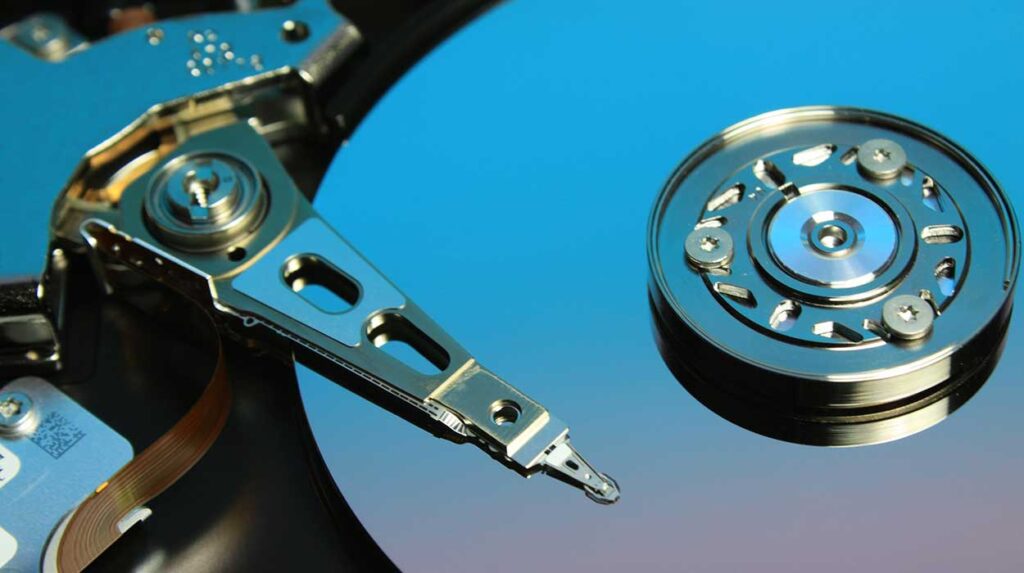Many people today store personal files on the hard disk of their computers. However, each drive has a limited lifespan and can fail. It may lose data if the hard disk fails.
The lifetime of a hard disk may differ, but various failures can occur. Hard drives require moving parts to function, and these moving parts are bound to one day fail because of normal use or physical abuse.
The life of a hard disk is three years, after which the failure rate of the hard drive will increase. This can happen faster if the driver is experiencing temperature changes, fatigue, or external shocks.
Indicator early hard drives damage, such as worse performance, more and more damaged sectors, or even strange sounds often occur without you noticing. A hard disk failure can be disastrous because it can erase all data on the PC.

Learn how to test the health of your hard drive and periodically test it for health. If your hard disk health has declined sharply, back up all important data immediately. This is important for you to do because hard disk failure can occur.
The following article will provide you with a list of hard drive failure symptoms to keep you alert and teach you what protection you should take before your hard disk is damaged.
Early Signs of Hard Disk Failure
A. Frequent computer slow, stuck, or BSoD
If your computer routinely freezes and freezes, such as the Blue Screen of Death, the problem may be with your hard drive. If this problem appears after a clean installation or in Windows Safe Mode, the source of the problem is most likely faulty hardware, possibly a faulty hard drive.
There are several causes for the computer to crash, but this also shows that a hard disk failure is imminent. Here, you can back up your important data to an external hard drive in case of hard disk failure.
B. Corrupted Data and Many Bad Sectors
Here are some indicators of data corruption. If you see any of these signs, it shows a hard disk failure may occur.
- When you open, transfer, or save a file, you might see a random error message.
- You can not open the file.
- The file/folder is suddenly missing.
- File or folder names get mixed up.
Viruses, ransomware, or the buildup of damaged sectors can also cause data corruption on your hard disk.
Bad sectors are parts of a hard drive that do not maintain data integrity. Windows automatically hidden bad sectors, so you won’t see them until you run into problems with corrupted data. However, damaged sectors can accumulate quickly on a damaged hard disk, so you will see this error more often.
C. Unusual Strange Sounds
Unusual sounds that pop up from your hard drive, such as loud clicks or spinning sounds when your computer is doing little activity, cause serious concern. These strange sounds show a faulty component on your hard drive.
If your hard drive emits foreign and strange sounds, this usually shows that your hard drive is in danger. Be wary of some strange sounds.
“Death Click” This is a repetitive sound made by the head who tries to write data but fails and keeps trying again and again. Grinding or screaming sounds show that physical components, such as bearings or spindle motors, are not working.
D. Excessive Folder and File Access Time
The long waiting time to access folders and files is also an indicator of hard drive failure, since the failed part of the hard drive requires a lot of reading efforts before access is successful. However, this can be caused by a variety of different computer difficulties, but it is also a common symptom of hard drive failure.
Make a Backup Before It’s Too Late
Do not rely on indicators or software to determine if your hard disk is damaged. More prone to sudden failure without warning sign.
Instead of trying to foresee something unpredictable, rely on backup.
Cloud storage can store your backup data on a secure remote server. If your hard drive fails, a hard drive recovery service is available to help you get your important information back.

